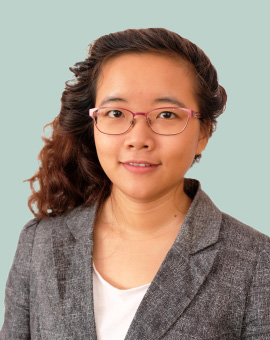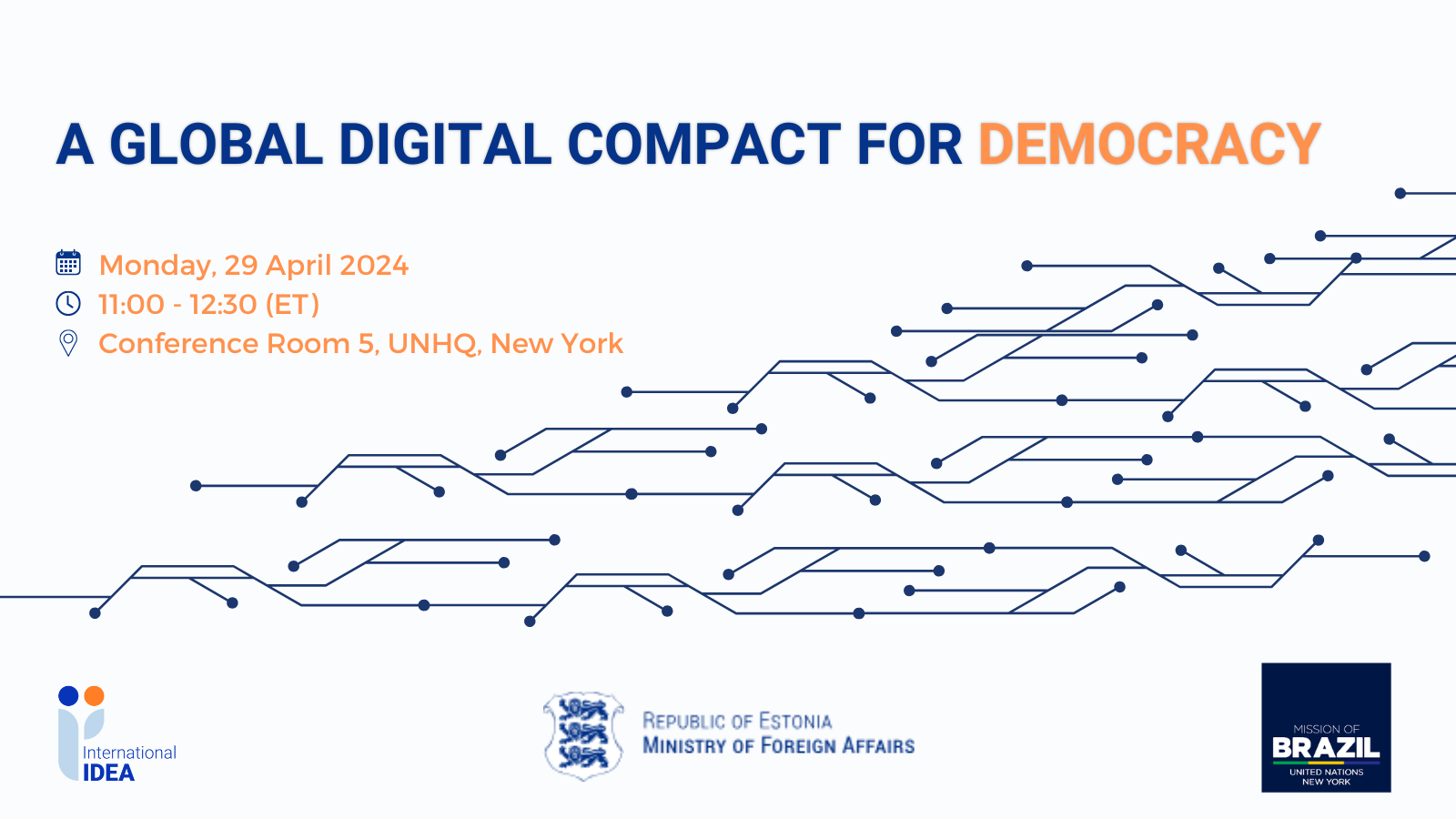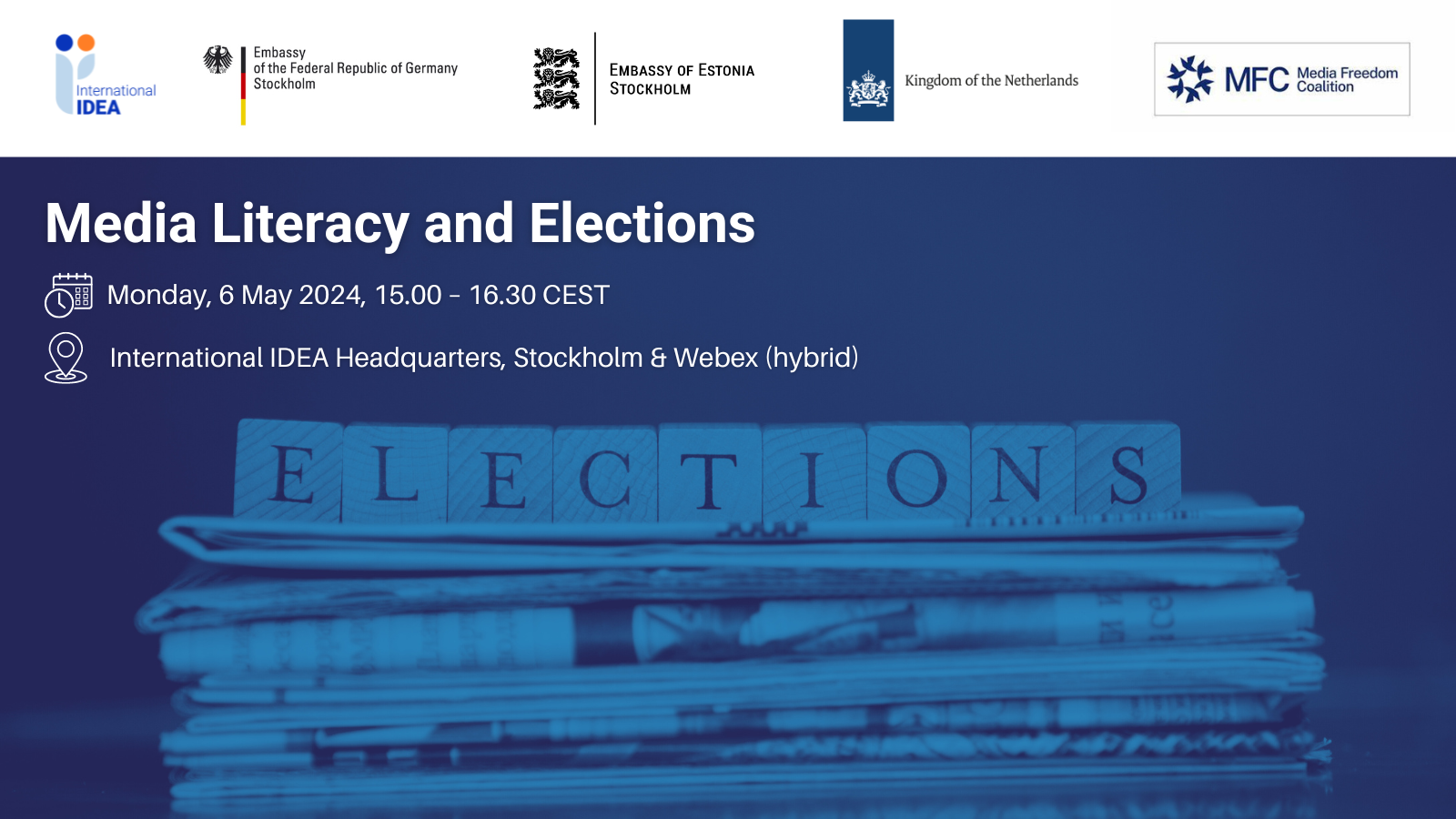
Dialogue is a process that helps stakeholders voice their interests and opinions in a non-violent way. There is no guarantee that stakeholders engaged in dialogue will reach agreement on divisive issues, but simply engaging in dialogue with each other may increase respect between participants and build a sense of inclusion over time, allowing for changes needed to create sustainable peace.
Myanmar’s stakeholders have been involved in dialogues with their counterparts for quite some time, attempting to not only agree on ceasefires but also on a comprehensive peace framework, principles of federalism and changes to the contents of the 2008 Union Constitution. In 2011, President U Thein Sein kick-started a negotiation process between his government and Ethnic Armed Organizations (EAOs). The head-to-head peace plans between the Government and the Ethnic Groups converged on the common goal of signing the National Ceasefire Agreement (NCA) by 2014. The NCA was intended to not only to stop the fighting but also to set the stage for a political dialogue that would pave the way for a Union Peace Accord. In 2015 October 15, 8 out of 16 EAOs signed the NCA, which was based on the government submitted proposal and EAOs submitted Law Khee Lah Agreement. The Law Khee Lah agreement was made at the Law Khee Lah Conference in June 2015, attended by 16 EAOs and Nationwide Ceasefire Coordination Team (NCCT) members, to review the NCA draft.
The peace process continued to be a priority also for the new National League for Democracy (NLD)-led government, after winning the 2015 elections by a landslide. Daw Aung San Suu Kyi, the de-facto leader of the NLD, initiated what became known as the Union Peace Conference – 21st Century Panglong, a series of formal dialogues between conflict stakeholders aimed at rekindling the spirit of coming together of the historical Panglong Agreement signed by ethnic leaders in 1947. However, disagreements between the parties persist, the conflict is still ongoing throughout the country, and the formal peace process appears to be stalled.
Amidst this ongoing peace process, International IDEA Myanmar designed the MyConstitution Programme in 2015, aimed at engaging stakeholders in the peace process and in the wider democratic transition. The non-prescriptive nature of International IDEA’s support has allowed the MyConstitution Programme to adopt a facilitating role, build trust and engage with a wide range of actors, on either side of the divide. We have worked with various parties individually, but have also brought antagonists into the same room, to discuss key questions in depth, sometimes for the first time. The MyConstitution Programme aims to create a neutral ground and a safe space where interests and ideas can be voiced, heard, and taken into consideration while providing expertise on relevant peace and constitution-building processes worldwide. The comparative knowledge provided by the programme further enables stakeholders to successfully engage in dialogue.
In February 2019, the NLD government launched a process of constitutional amendment, with the establishment of a 45-member strong joint parliamentary committee on charter change. In both the peace process and this parallel parliamentary process, the need for dialogue among the different stakeholders is clear. Dialogue alone, however, may not be enough where knowledge about specific issues is insufficient. The two-pronged approach of the MyConstitution programme—building the capacity of different stakeholders as well as offering a safe space to engage each other—has proven successful in helping Myanmar political stakeholders build trust with each other, and decide on the roadmap that will eventually lead them to a political settlement that will bring sustainable peace.
The MyConstitution programme is committed to supporting an inclusive process, which would involve the broader public in one way or another. The programme has therefore developed the curriculum for intensive training on constitutions and constitution-building processes—the ‘Constitution Academy’—that helps define the ways in which different non-political stakeholders can participate in dialogues as the constitution building process unfolds. All-in-all, supporting well-informed dialogue among stakeholders directly or indirectly involved in constitutional change will hopefully bring a sense of increased constitutionalism.



